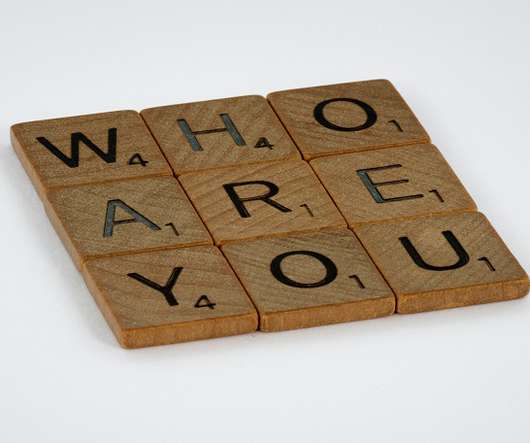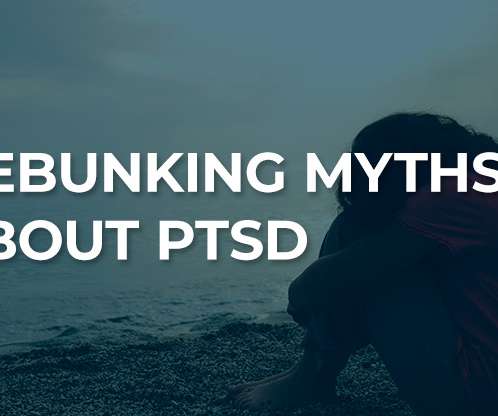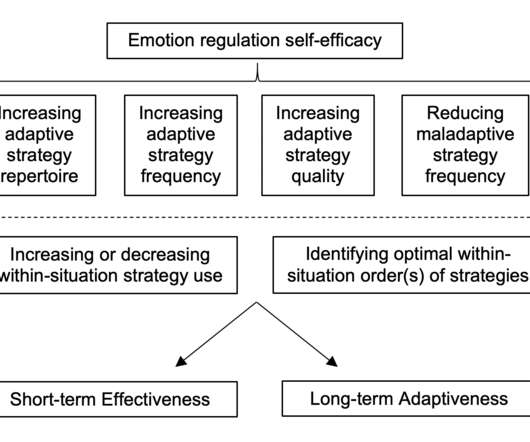Types of Therapy and Mental Health Providers
Stop Abuse Campaign
JANUARY 19, 2022
Along with psychotherapy, they can dispense medication if needed to help with the overall course of therapy. Although it is often used with depression and anxiety, it has proven to be effective for a wide range of mental health issues. . Dialectical Behavioral Therapy (DBT). Psychodynamic Psychotherapy. Psychiatrists.












Let's personalize your content